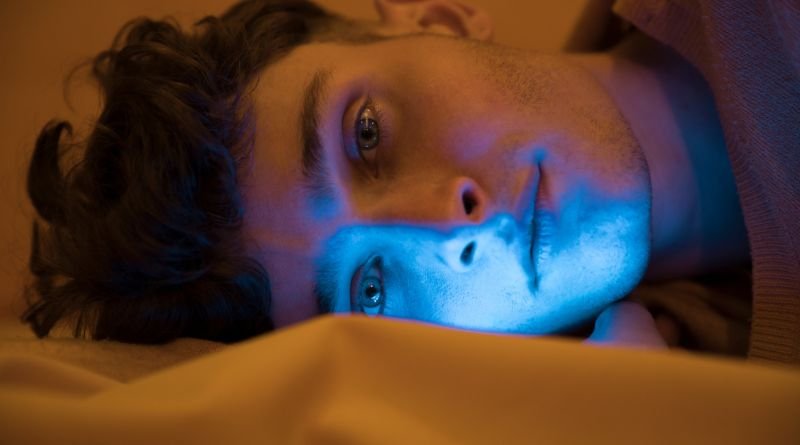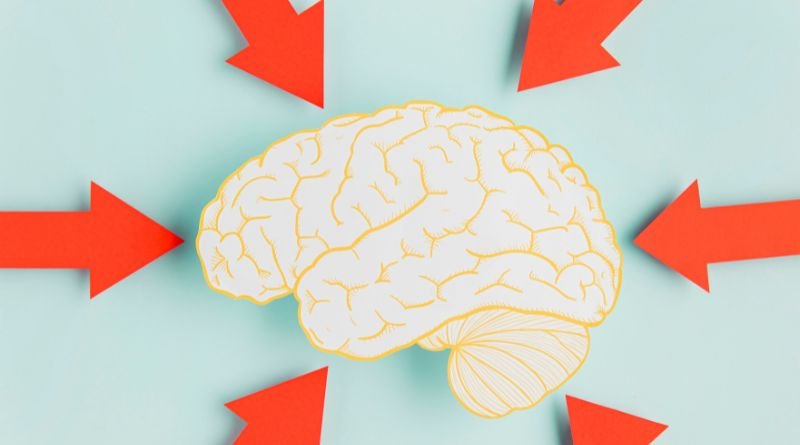
We all know sleep is crucial for feeling our best, but did you know it’s also the secret sauce for forming long-lasting memories? Recent mind-blowing studies from the brainiacs at the University of Michigan have pulled back the curtain on the fascinating relationship between catching Z’s and remembering everything from your BFF’s birthday to where you parked the car.
At the heart of this sleep-memory love affair is the hippocampus, that cool seahorse-shaped area of the brain that’s the bouncer controlling what memories get in. Inside this cranial hotspot, you’ve got special “place neurons” that get all fired up about specific people, places, and things. Here’s where it gets wild – these memory mavens don’t even take a break when we’re sawing logs! Yep, they’re hard at work all night, reinforcing and organizing our memories like tiny librarians.
Now, get ready for the main event: “sharp-wave ripples.” No, it’s not a new surf move, but these little bursts of electrical activity happening in the hippocampus every few seconds while we snooze are straight-up game-changers. Scientists believe these ripples are like the conductors of a neural orchestra, spreading information across the brain to help our neurons create and update memories, including those about spatial awareness and locations.

But here’s the kicker: when we skimp on shuteye, our ability to form and store memories takes a serious nosedive. Those all-important ripples get thrown off-rhythm, disrupting the usual process of memory strengthening that happens during sleep. And sadly, no amount of caffeine or power naps can fully make up for that missed sleep when it comes to locking in those memories.
The University of Michigan research is a total game-changer because it doesn’t just show us how crucial sleep is for learning and remembering; it also gives scientists a sneak peek into the intricate dance our brains do while we’re catching Zs. By tracking neuron activity in real-time, they can see how our gray matter changes and adapts during the memory-making process.
But wait, there’s more! Building on this research, further studies have highlighted that sleep isn’t just a passive state but a dynamic period where the brain actively consolidates memories. Neurons that were activated during learning keep firing during sleep, essentially “tattooing” those memories into our brains. This process is also crucial for associating emotions with memories, as seen in studies involving our furry friends, the mice.

And let’s not forget the devastating effects of sleep deprivation. University of Michigan scientists Sara Aton and James Delorme discovered that lack of sleep leads to increased activity in the brain’s “inhibitory neurons,” which can sabotage our ability to process and store new memories effectively. It’s like having a bouncer at the club that’s a little too enthusiastic about turning people away.
Lastly, the specificity of memory formation during sleep is nothing short of mind-blowing. Certain neurons can be “tuned” to specific stimuli, like rats navigating a maze having neurons that activate at particular spots within the maze. It’s like our brains are not just passively receiving information but actively organizing and reinforcing memories based on our experiences.
The collective findings from these studies underline the vital role of sleep for memory consolidation. By understanding how our brains work overtime during sleep to strengthen and store memories, we can truly appreciate the necessity of adequate rest for optimal cognitive functioning. And who knows, as research continues, we may discover new methods to enhance learning and address memory-related issues.
Bottom line: if you want to remember where you put your keys (or anything else, for that matter), hit the hay and let those memory neurons work their magic!



